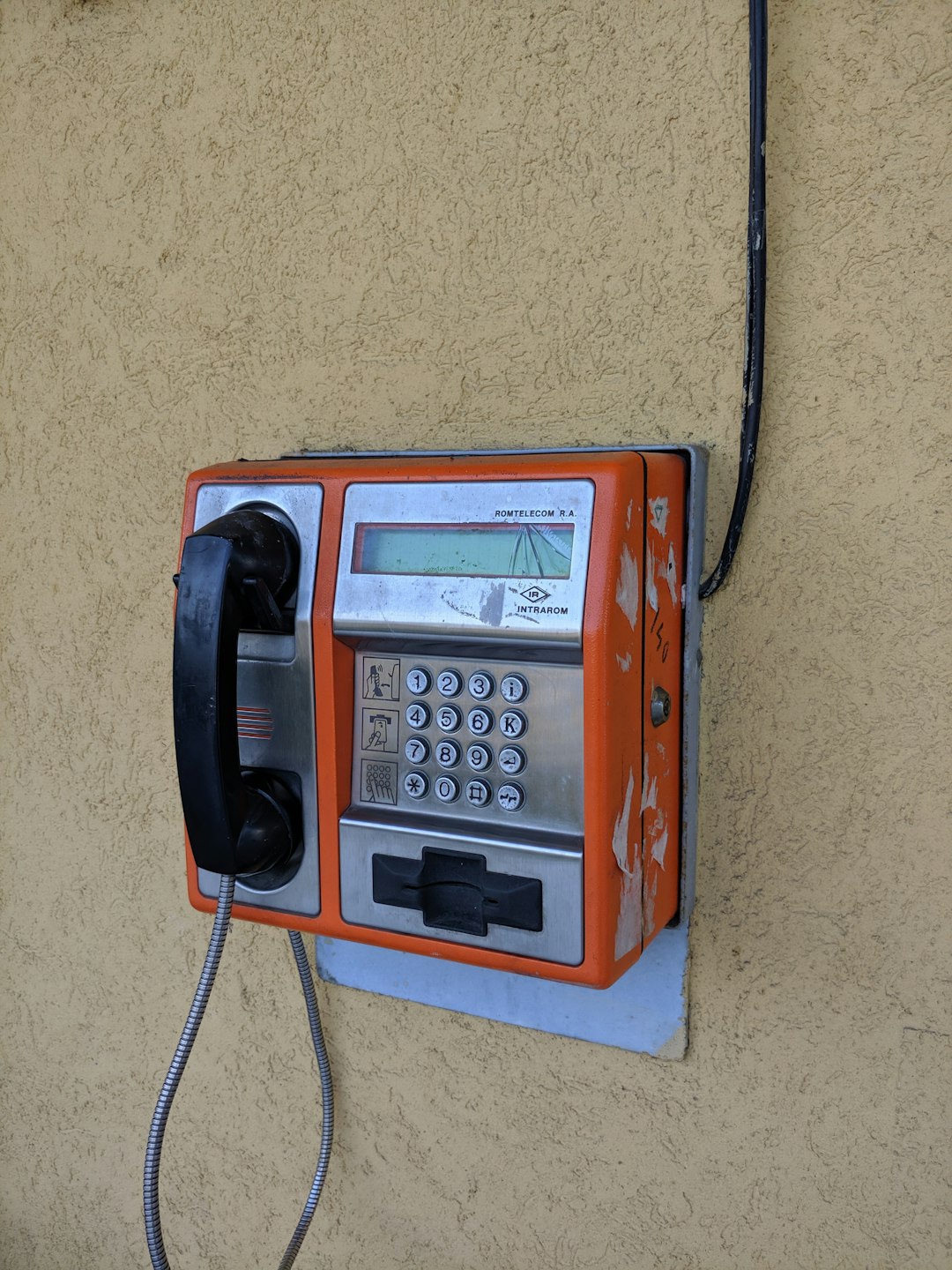Arizona residents can protect themselves from robocalls and spam by registering for the Do Not Call list, consulting a specialized robocall lawyer for excessive unwanted calls, including legal services scams, and understanding state laws regarding telecommunications and spam to take action against violators.
In Arizona, understanding and adhering to strict do-not-call laws is crucial to mitigating robocall scams. With the rise of spam calls, recognizing common tactics becomes essential for protecting your privacy. This guide equips Arizonans with knowledge on spotting fraudulent schemes and navigating legal options. If you’ve fallen victim or wish to pursue justice, exploring the services of a dedicated robocall lawyer in Arizona or spam call law firm Arizona is a significant step. Discover your rights under robocall laws Arizona and connect with top robocall lawyers Arizona for effective representation.
Understanding Arizona's Do Not Call Laws

In Arizona, understanding and adhering to state laws regarding robocalls and spam calls is essential for consumers looking to protect themselves from aggressive sales tactics. The Do Not Call (DNC) law in Arizona provides significant protections against unwanted phone calls, especially those made by automated systems or robocalls. This law allows residents to register their phone numbers on a “Do Not Call” list, effectively blocking most telemarketing and sales calls.
Arizona’s spam call laws are designed to give consumers control over their communication preferences. If you’ve received excessive or unwanted robocalls from various sources, including law firms marketing legal services, it’s advisable to consult a robocall lawyer in Arizona who specializes in these matters. They can guide you through the legal options available, such as filing complaints with relevant authorities and seeking damages for any associated harassment or financial loss, ensuring your rights are protected under the state’s Do Not Call laws.
Spotting Common Robocall Scam Tactics

Robocall scams are a prevalent issue in Arizona, with fraudsters employing various tactics to manipulate and deceive residents. Spotting these common robocall scam strategies is crucial for protecting yourself from financial loss and identity theft. One of the most telltale signs is pre-recorded messages, often delivered through automated systems, that offer unrealistic promises or threaten immediate action. These calls might claim to be from government agencies, banks, or reputable law firms, demanding immediate payment or personal information.
Fraudsters may also use social engineering techniques, pretending to be from a legal firm specializing in robocall lawsuits or Do Not Call registry disputes. They target victims by emphasizing the potential for financial compensation or legal recourse. In some cases, they may even threaten legal action if you don’t respond promptly. Remember, legitimate organizations will not pressure you into making immediate decisions over the phone. If you receive such a call, consider it a red flag and reach out to a robocall attorney in Arizona for guidance and protection under the state’s spam call laws.
Legal Recourse: When to Hire a Robocall Lawyer in AZ

If you’ve been a victim of persistent or illegal robocalls in Arizona, knowing your legal options is crucial. While many people disregard unsolicited phone calls and texts as nuisances, some companies and individuals use automated dialing systems to make mass calls, often with misleading or deceptive content, in violation of state laws. In such cases, a robocall lawyer in AZ can provide the necessary expertise to navigate the complex landscape of telecommunications regulations.
Arizona’s Spam Call laws are designed to protect consumers from unwanted marketing messages and calls. If you’ve received excessive or inappropriate automated phone calls or texts, consulting with a robocall attorney Arizona residents trust can help determine if legal action is warranted. These experts can guide you on hiring the right robocall lawyer in AZ who specializes in telecommunications law, ensuring you receive compensation for any harm caused by these fraudulent practices and helping to stop similar incidents from occurring again.






